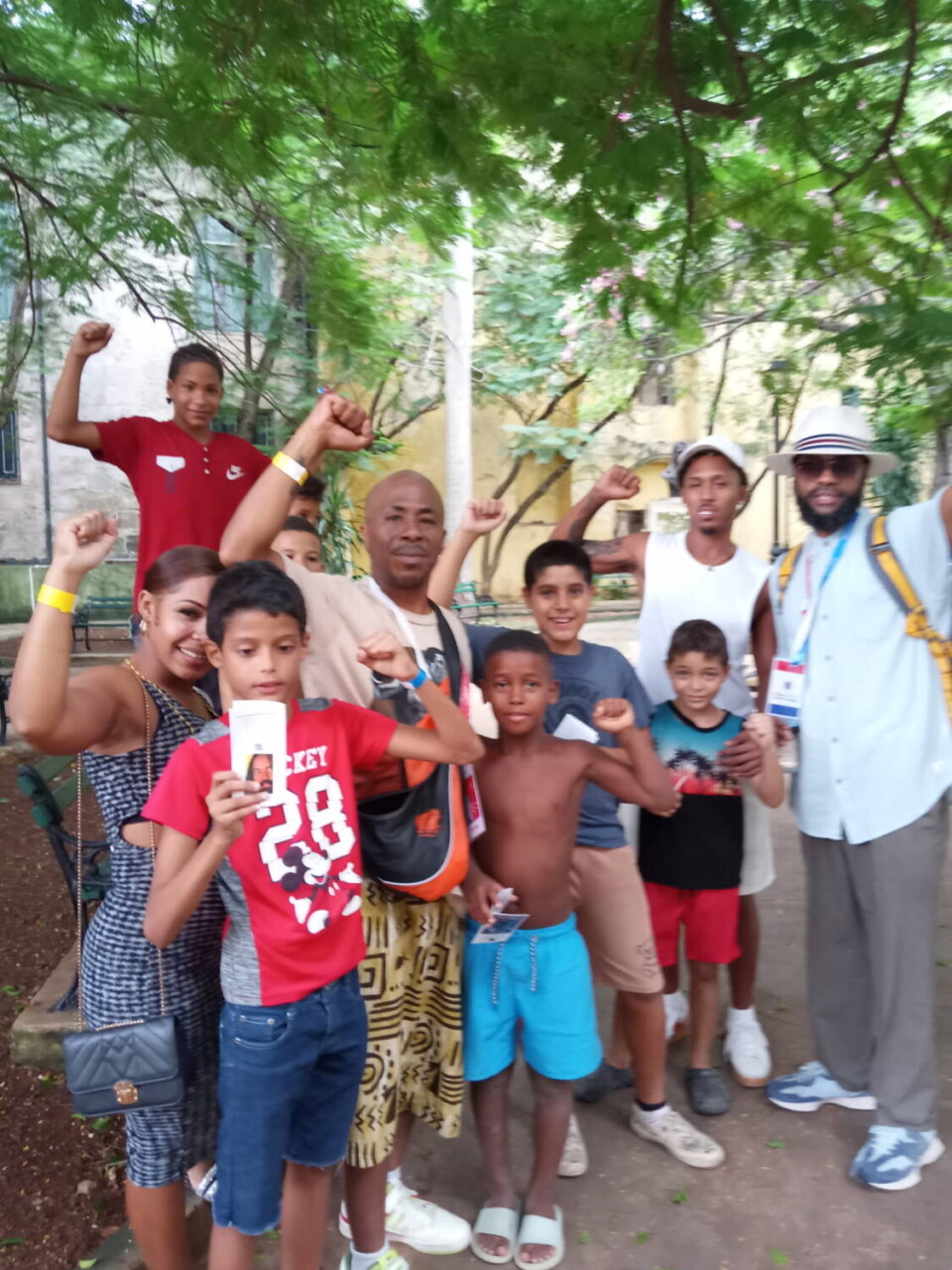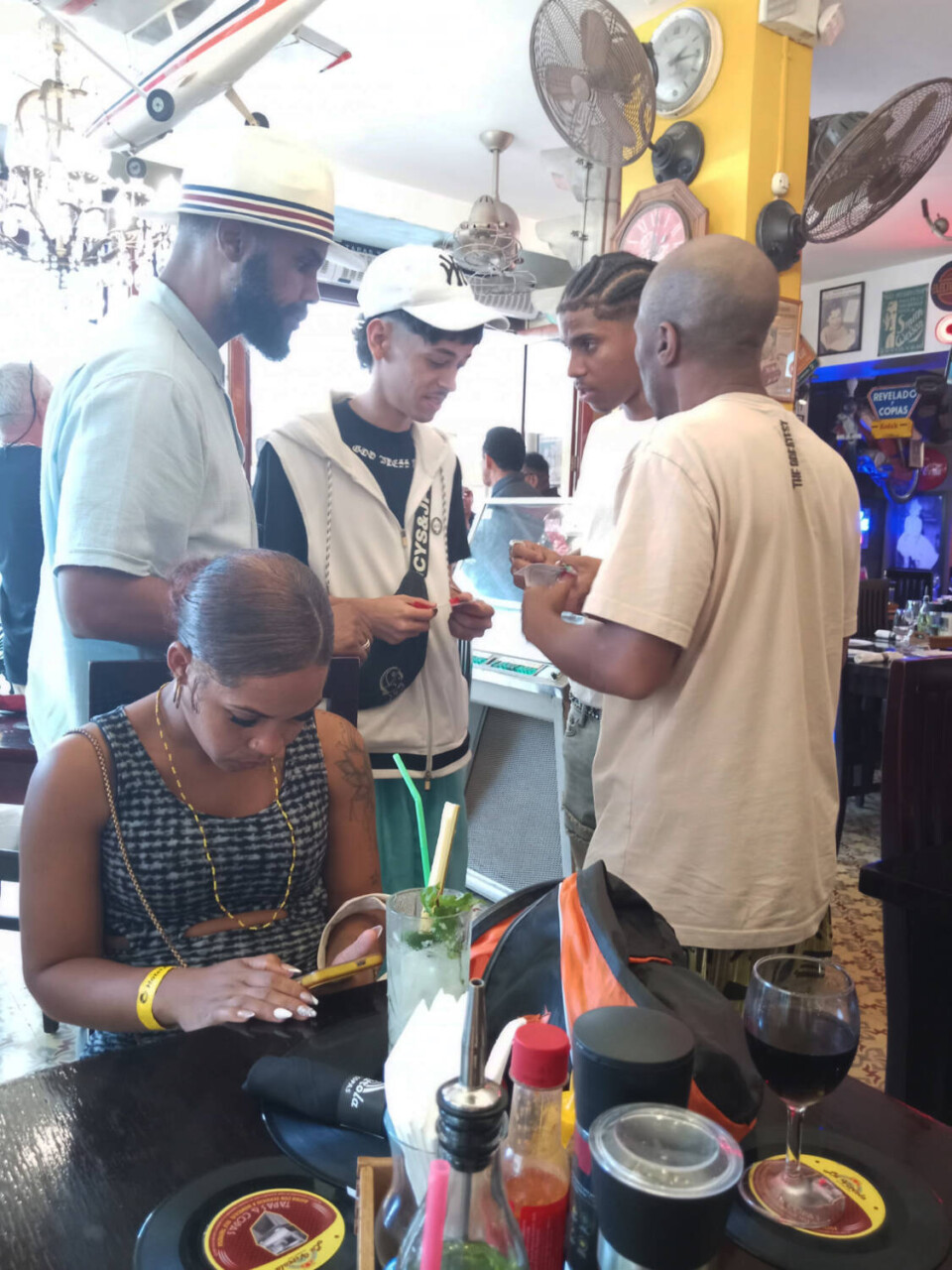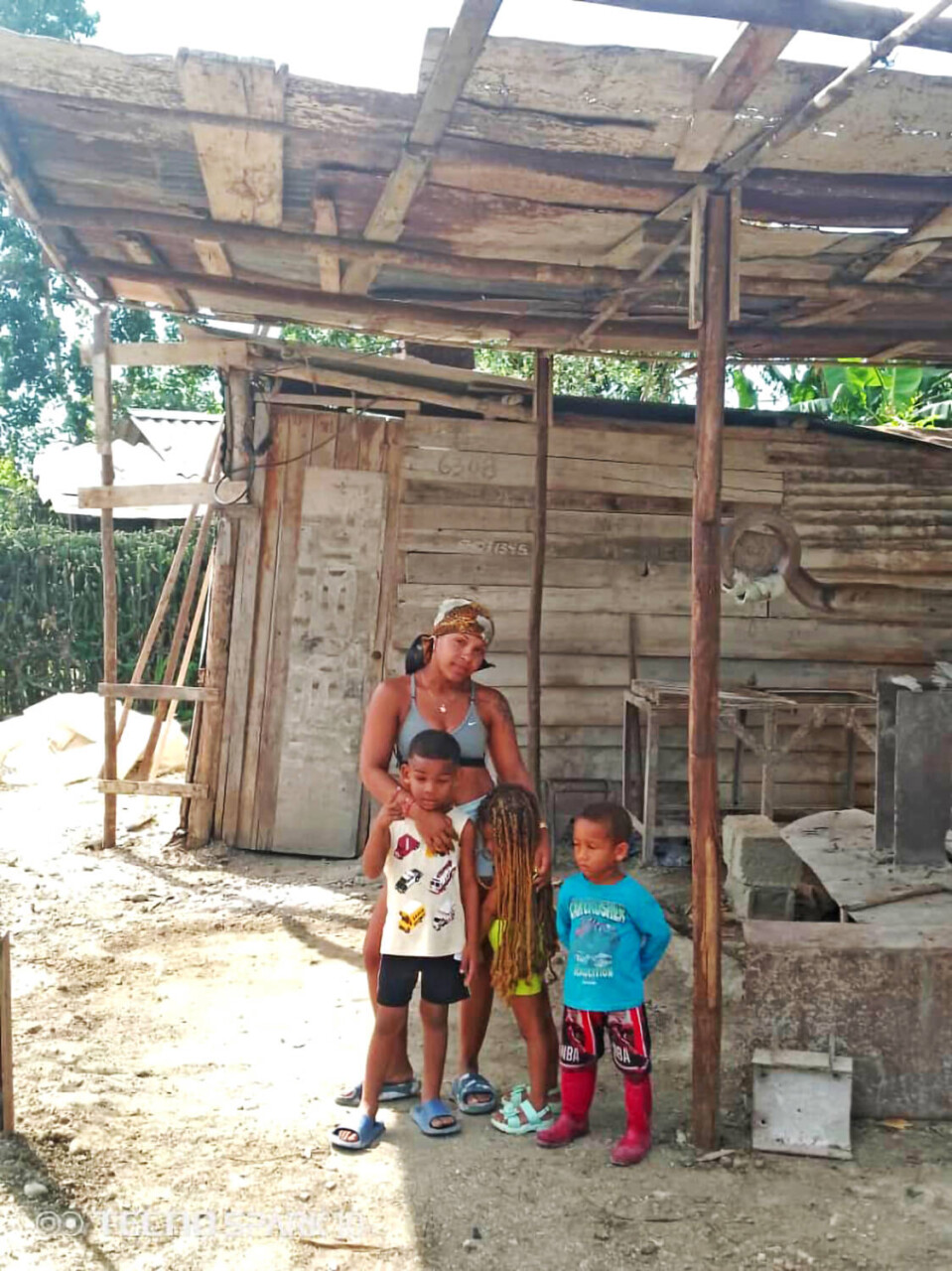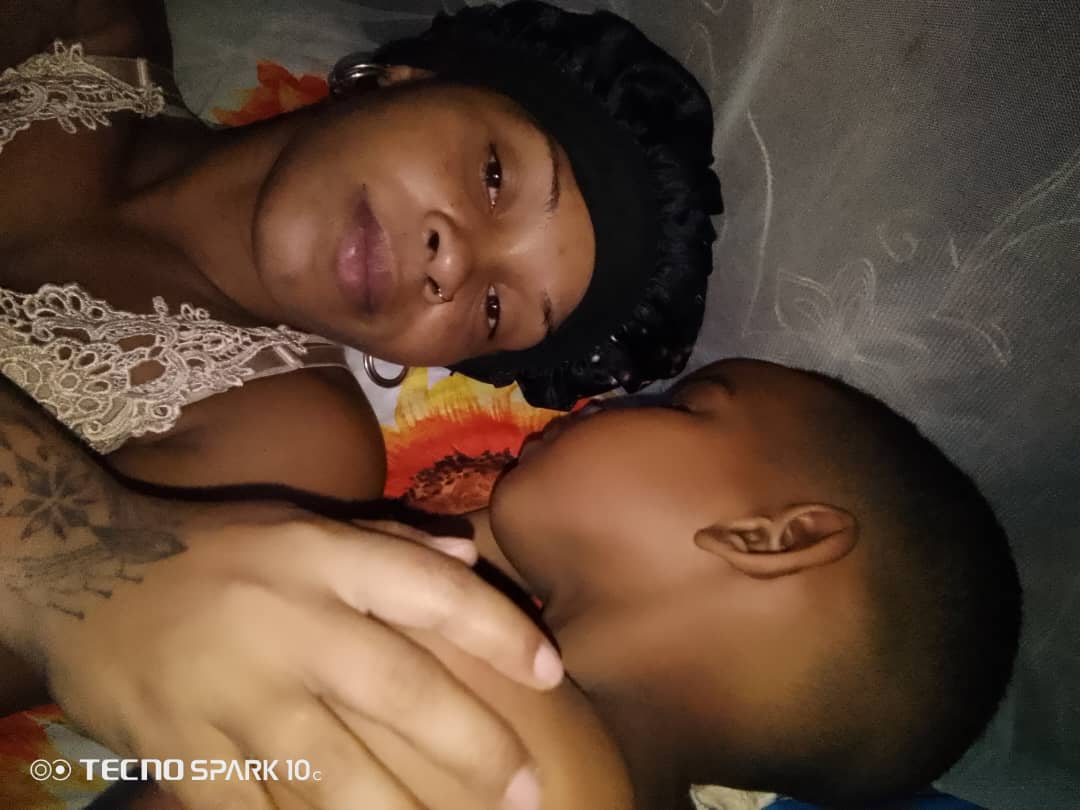
by JR Valrey, The People’s Minister of Information
The international news has reported that 90,000 buildings in the eastern province of Cuba have been damaged by Hurricane Melissa, and that’s not counting the havoc the storm wreaked on the rest of the Caribbean. Haiti and Jamaica also report catastrophic damage.
Infrastructure damage and “no loss of life” announcements make up a small part of the story. The biggest part is being played by the everyday people who literally have to pick up the pieces of their lives that were blown away.
If Hurricane Melissa were compared to Katrina, which is one of the biggest hurricanes to hit the US in the last two decades, it was bigger and more horrific, with the cleanup and aftermath being compounded by a US-sponsored blockade, which makes it impossible for Cuba to even get the meager aid that is currently being offered by the international community to Jamaica.
I have known Maria Mirabel for a number of years. She is the mother of three children and was living with them in Guantanamo Bay with her mother and stepfather before Hurricane Melissa destroyed their house. It is important to put a human face on these catastrophic world events, so that our spirits can have compassion for what the less fortunate are living through, and help. Here is a glimpse into what Hurricane Melissa was like in Cuba for the family of Maria Mirabel.

JR Valrey: What was life like in Guantánamo before the cyclone?
Maria Mirabel: Well, I can tell you that life in Guantánamo has been difficult for a long time, but at least we had our things built up over many years, and many others over their entire lives. To have them destroyed in just a few hours is hard.
JR Valrey: When did you know a severe storm was approaching? How did your family react?

Maria Mirabel: I learned about that terrible hurricane called Melissa that caused many losses in the eastern provinces of my country at the end of October. By the 23rd, they were already reporting on it. At that time, I was in Havana, Cuba, not in my home province near my children and family. Imagine the uncertainty: It was much stronger and worse because I didn’t know what would really happen, and even knowing that my house wasn’t in the right condition and my children and mother weren’t really safe.
Regarding my family’s reaction, what I can tell you is what they were saying on the phone because, as I mentioned, I was in Havana at the time. But what I do know is that my 16-year-old daughter was very scared after learning that the cyclone had already ended in Jamaica and was heading towards the eastern provinces as a Category 4 hurricane.
It was impossible not to feel afraid. I could hear my mother speaking more loudly, trying to stay calm and in control of everything, with my stepfather there beside her, leaning on her for support. But he couldn’t help feeling afraid; it was inevitable because no one knew what would really happen. I was always trying to communicate with my family.
The rain started in the late afternoon of Oct. 28, around 1:00-1:30 p.m. The rains got heavier, accompanied by strong winds. I was more scared than they were because I was far away and couldn’t see it coming. All I could do was get information online and tell them through messages or calls because by then they had no electricity or internet connection.
Around 3:00 a.m., the real damage began. The storm hit Cuba between Santiago and Olguín, which is where the most damage occurred in our country. They tell me the winds were so strong it sounded like the storm was roaring. It sounded like a lion roaring, and the rains were even more intense and heavy.
JR Valrey: What damage did the hurricane cause to your family’s home? And to your neighborhood?
Maria Mirabel: It caused irreversible damage to my family because many roof tiles were blown off, and few walls remained standing.

JR Valrey: What are people in your town doing to rebuild their lives?
Maria Mirabel: We’ve tried to recover, as I mentioned before, by fixing up the houses again with what little we can get, cleaning the streets to prevent more mosquitoes and diseases, and moving forward. What we’re doing is rebuilding with the same materials that fell, and many have already been able to buy more tiles or wood. I’m talking about the wooden houses because the segmented houses weren’t damaged much – just some roof damage.
JR Valrey: How was children’s school attendance affected?
Maria Mirabel: There are still many children whose mothers don’t even send them to school because of the lack of electricity, food, snacks or clothes for the children, because, as I said, there’s no milk for the children.
JR Valrey: What is most needed?
Maria Mirabel: Well, we need the money to buy food, snacks and toiletries mainly, but what I need most is a house for myself and my children, which is very difficult here because my children mean everything to me, if no one else, yet I’m quite poor.
JR Valrey: How can we help you?
Maria Mirabel: I don’t know what to say because any help, no matter how small, means a lot to me. There are so many problems and finding solutions is so difficult. I’m grateful for any help, I repeat, because it’s hard and difficult here, and not having anything, not even food on the table for my children, is even harder and more painful. So any help is a blessing.
How you can help: If you can help Maria financially, which is difficult because of the blockade, contact JR at blockreportradio@gmail.com.
JR Valrey is a veteran journalist who can be heard weekly on Wednesdays on 89.5FM KPOO or KPOO.com from noon to 3 p.m. His work can also be heard on www.blockreportradioworld.com.




